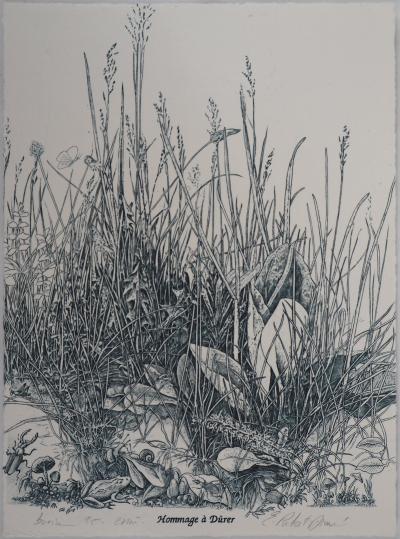“Learn of the green world what can be thy place.”
Ezra Pound
One of my authors …
(as a writing coach, I have “authors” like other coaches have players, and lawyers have clients, and doctors have patients …)
One of my authors recently expressed a familiar frustration that is, ironically, and perhaps tragically, often occasioned by an initial moment of gratification, which we then proceed to undo with vanity. She had been praised for her writing — her vivid imagery, her clear line of argument, her readable language. The problem was that the text in question was something she had written in Danish, her native language. When writing in English, she said, such praise was conspicuously absent, indeed, her readers were sometimes altogether unkind. Since she knew she could write well (in Danish), she was having a hard time accepting the judgment of her English readers that she is a “bad writer”.
The problem, she said, not implausibly, was that she lacked “the words” (including the subtle joints of the grammar needed to put them together) to do in English what she could do in Danish. She simply wasn’t good enough at the language. As she put it, it was like trying to paint grass without having any green on the palette.
Now, as her coach, I happened to have some insight into her writing process, so I asked her if she experienced the act of writing in English differently from the way she experienced the act of writing in Danish. That is, does writing “well” feel different from writing “badly”? (For the sake of argument, we would agree that her Danish was better written than her English.) Of course it does! she exclaimed. Writing in her native language is an enjoyable adventure, while writing in English is a torment, an incarceration. In Danish she is able to describe her experiences as they are, while in English she is painfully aware of the inadequacy of her language. The world is green. But she has no word for green in English!
Sometimes I’m a very wise soul. And since I’m telling this story, I can tell you I was very wise here. In reality, of course, I never know how well I get through to people. But listen to what (I think) I said. I hope you’ll agree it was at least a little clever.
I asked her to think about exactly what she does during the hours that she spends writing in Danish. Does she start on time? Take regular breaks? Sit up straight? Does she concentrate? Does she let herself be distracted? Does she start with a clear sense of what she wants to say? Most importantly: is she having fun? Then I said: whatever it is, just do that when you’re writing in English too. Sure, you don’t have any green to work with. But then paint the green grass in black and white. Once you’ve accepted that it’s not going to be green in the usual way, and perhaps not green at all, you can learn how to use the colors you do have to produce something pleasing. Accept your limitations, and then insist on making the most of it. In Danish, you enjoy saying things as well as you can (you will admit you are not perfect, right?). Even if you’re not as good at it, insist on that enjoyment in English too. The joy of doing the best you can.
From the point of view of the author, the difference between good writing and bad writing is neither in the raw materials nor in the finished work. It’s in the process. Here’s the secret: the joy you feel when working well is the sensation of getting better at something.

